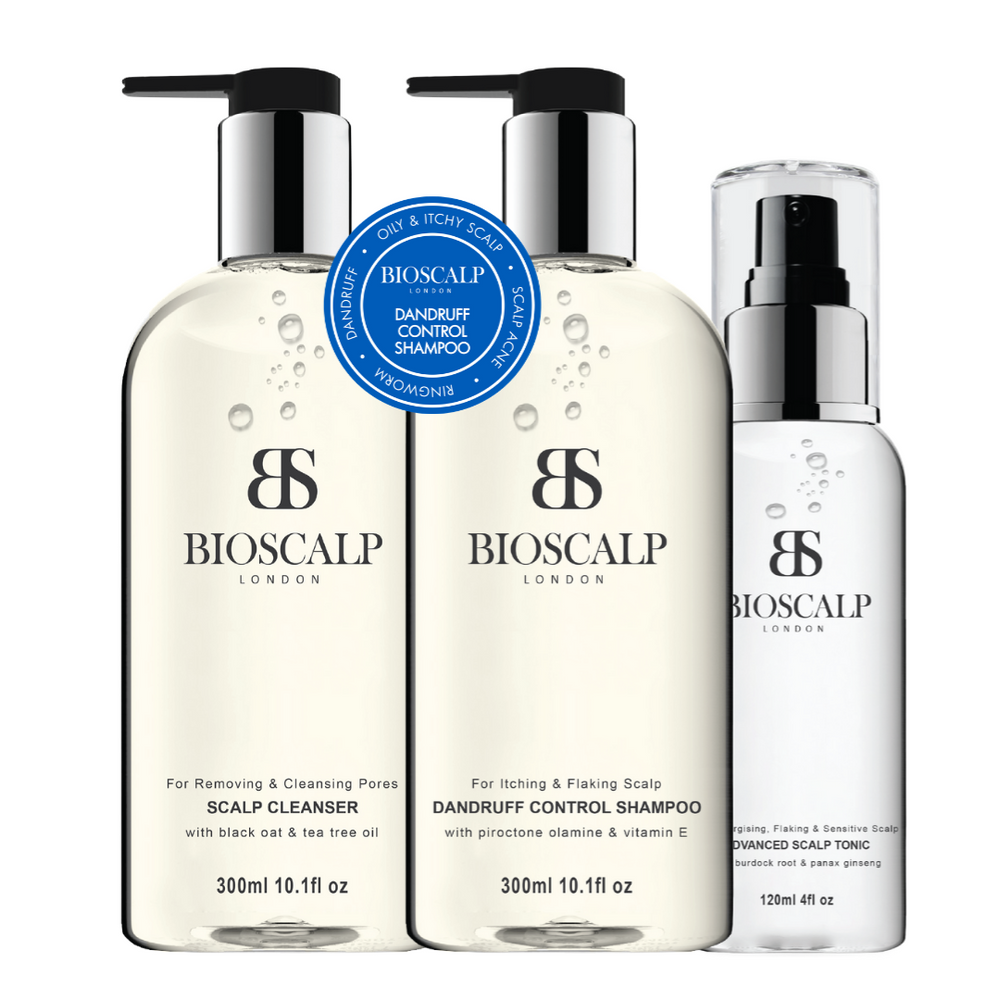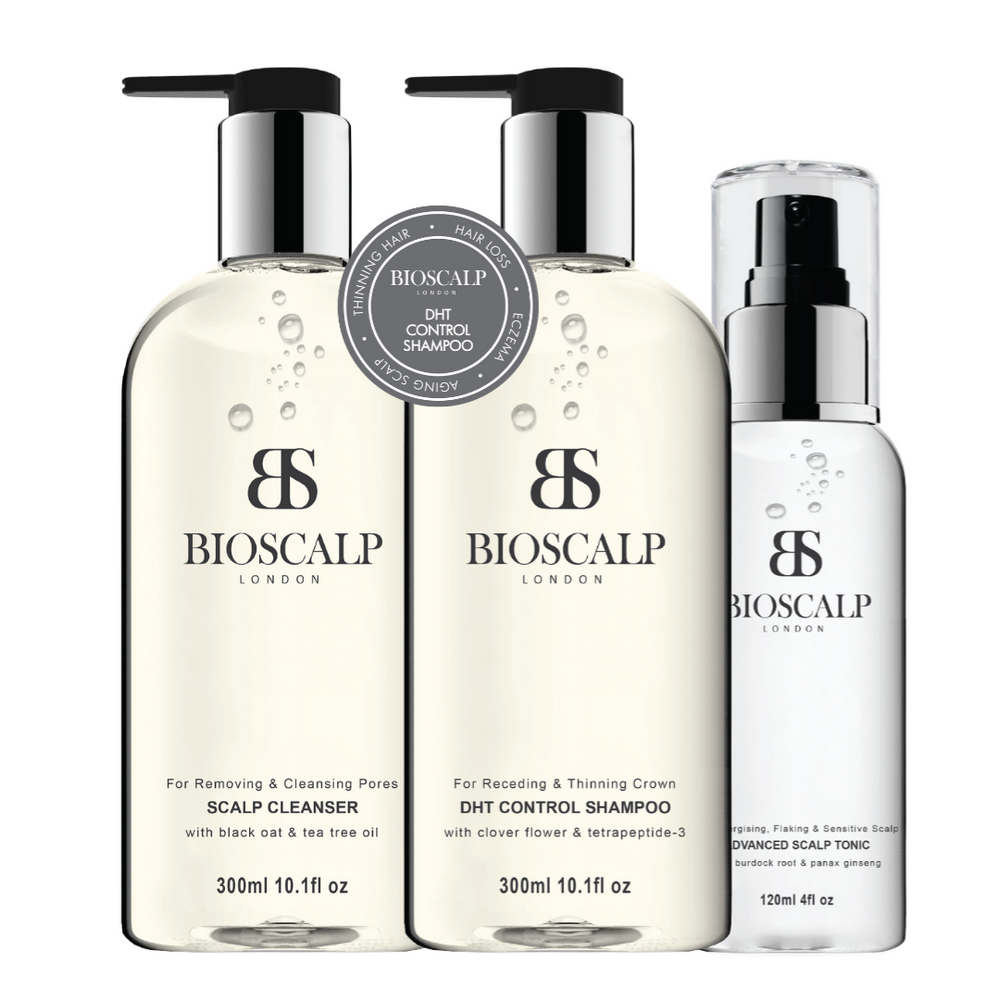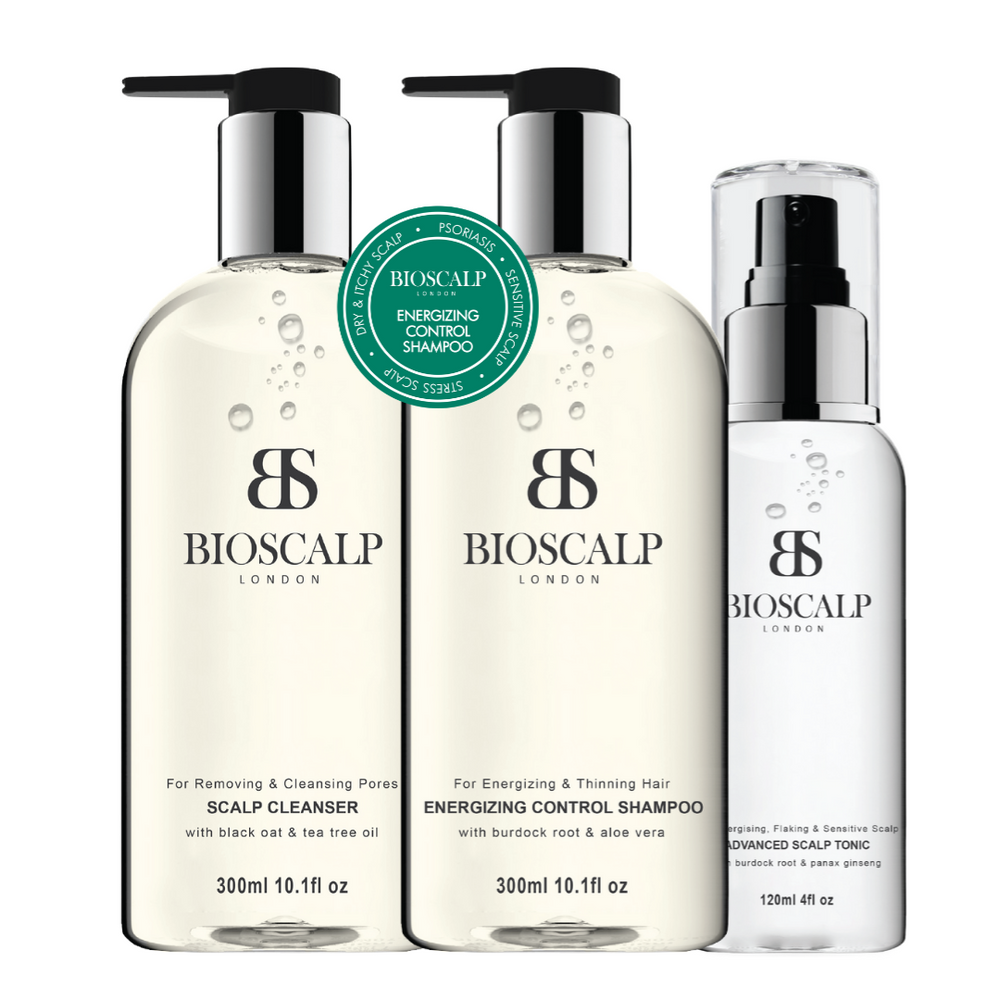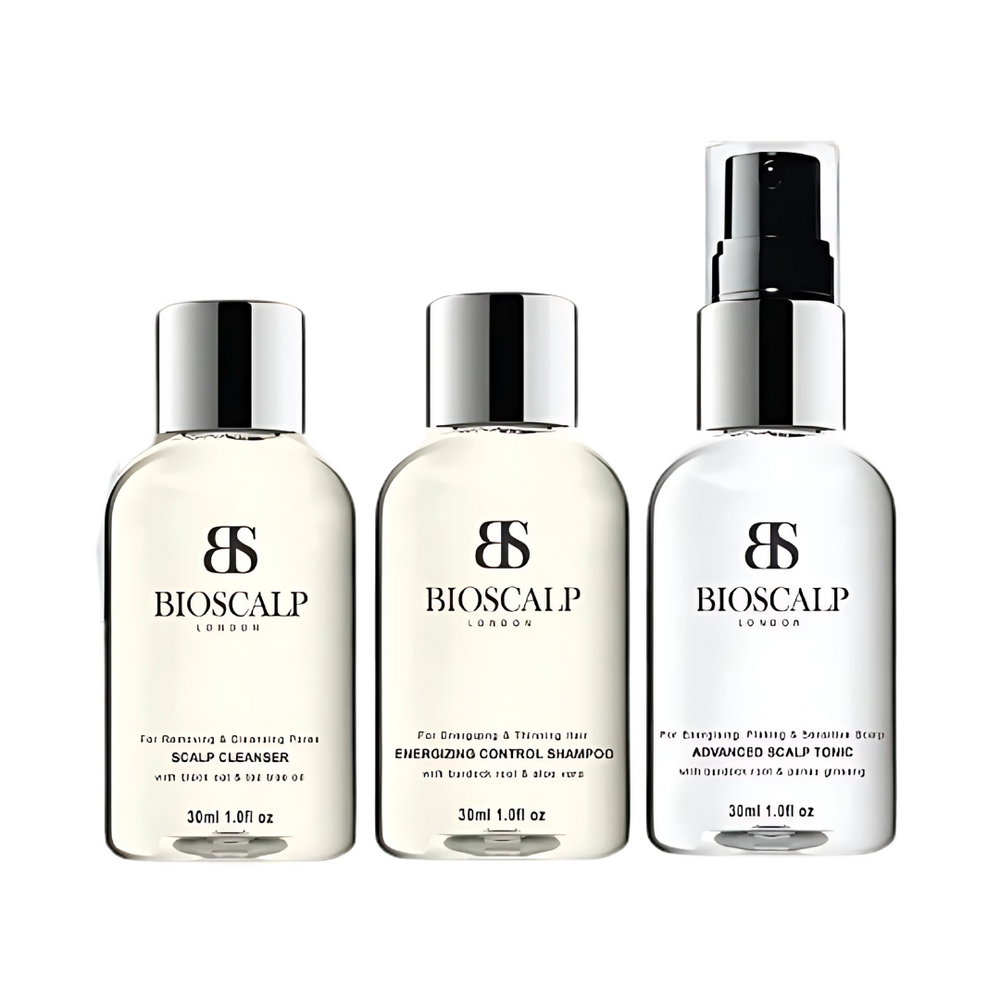An itchy scalp can be more than just an annoyance. It can disrupt your day and signal underlying scalp issues. Fortunately, nature offers a wealth of remedies, including essential oils, which have long been used for their soothing, anti-inflammatory, and antifungal properties. Whether your itchy scalp is caused by dandruff, dryness, or irritation, the right essential oils can provide relief while promoting overall scalp health.
Here’s a guide to the best essential oils for an itchy scalp and how to use them effectively.

1. Tea Tree Oil
Tea tree oil is a powerhouse for scalp health, thanks to its antifungal and antibacterial properties. It’s particularly effective in combating infections and soothing irritation that can cause an itchy scalp.
-
How It Helps: Eliminates scalp infections, reduces inflammation, and eases itching.
-
Application Tip: Always dilute tea tree oil with a carrier oil (e.g., coconut oil) to avoid drying out your scalp. Use 2-3 drops per tablespoon of carrier oil.
2. Peppermint Oil
Known for its cooling and refreshing effect, peppermint oil is a go-to remedy for soothing inflamed and itchy skin. It also boasts antibacterial properties, making it a dual-purpose solution for scalp health.
-
How It Helps: Reduces inflammation, relieves itching, and promotes a clean, healthy scalp.
-
Application Tip: Massage diluted peppermint oil into your scalp to enhance blood circulation and alleviate irritation.
3. Lavender Oil
Lavender oil is celebrated for its anti-inflammatory and calming properties, which make it perfect for soothing irritated scalps. It’s also known to promote hair growth, making it a versatile option for those experiencing hair loss alongside itchiness.
-
How It Helps: Soothes irritation, reduces inflammation, and supports hair regrowth.
-
Application Tip: Add a few drops to your shampoo or dilute with a carrier oil for a relaxing scalp massage.
4. Rosemary Oil
Rosemary oil is packed with antimicrobial and anti-inflammatory benefits that help improve scalp health and boost circulation. It’s especially effective in reducing dandruff and encouraging hair growth.
-
How It Helps: Treats dandruff, calms irritation, and stimulates hair follicles for healthier growth.
-
Application Tip: Combine rosemary oil with a carrier oil and massage it into the scalp to maximize its benefits.
5. Chamomile Oil
Chamomile oil is a gentle yet powerful solution for itching caused by eczema, dryness, or sensitivity. Its soothing properties make it ideal for calming an irritated scalp.
-
How It Helps: Relieves itching and soothes inflammation, leaving the scalp feeling calm and hydrated.
-
Application Tip: Mix with your conditioner or apply diluted chamomile oil directly to problem areas.
6. Lemongrass Oil
With its antibacterial, antifungal, and anti-inflammatory properties, lemongrass oil is a natural solution for treating itchy scalps caused by fungal infections or dandruff.
-
How It Helps: Reduces scalp inflammation and eliminates dandruff-causing bacteria.
-
Application Tip: Add a few drops to your shampoo or massage diluted lemongrass oil into the scalp.
7. Bergamot Oil
Bergamot oil is known for its antiseptic and soothing effects, making it a great choice for combating dandruff and calming irritated scalps.
-
How It Helps: Reduces itchiness, combats dandruff, and leaves the scalp feeling refreshed.
-
Application Tip: Mix with a carrier oil and use it as part of a weekly scalp care routine.

How to Use Essential Oils for Maximum Effect
To get the most out of these essential oils, it’s important to use them correctly. Here are some tips for an effective application:
1. Dilution Is Key
Essential oils are highly concentrated and should always be diluted with a carrier oil, such as coconut oil, jojoba oil, or almond oil. A common dilution ratio is 2-3 drops of essential oil per tablespoon of carrier oil.
2. Massage Your Scalp
Section your hair and massage the diluted oil into your scalp using gentle, circular motions. This enhances absorption, stimulates circulation, and ensures even coverage.
3. Add to Shampoo or Conditioner
For a simpler application, mix a few drops of your chosen essential oil into your regular shampoo or conditioner. This allows you to reap the benefits during your normal hair care routine.
Or you can also choose shampoos that incorporate natural oils in their formula, like this scalp cleanser.
4. Leave It On
For deep conditioning, leave the oil mixture on your scalp for 20–30 minutes before rinsing thoroughly.
Consistency Matters
While essential oils can provide significant relief, consistent use is essential for lasting results. Incorporate them into your hair care routine regularly to manage and prevent scalp itchiness effectively.
When to Consult a Professional
If your itchy scalp persists despite using essential oils, or if you notice signs of severe irritation, dandruff, or hair loss, consult a dermatologist. They can help identify underlying issues and recommend appropriate treatments.

Conclusions
Essential oils offer a natural and effective solution for soothing an itchy scalp while promoting overall scalp health. Whether you’re battling dandruff, dryness, or irritation, oils like tea tree, peppermint, and lavender can help you find relief.
Ready to give your scalp the care it deserves? Try out BioScalp's scalp care kits.








